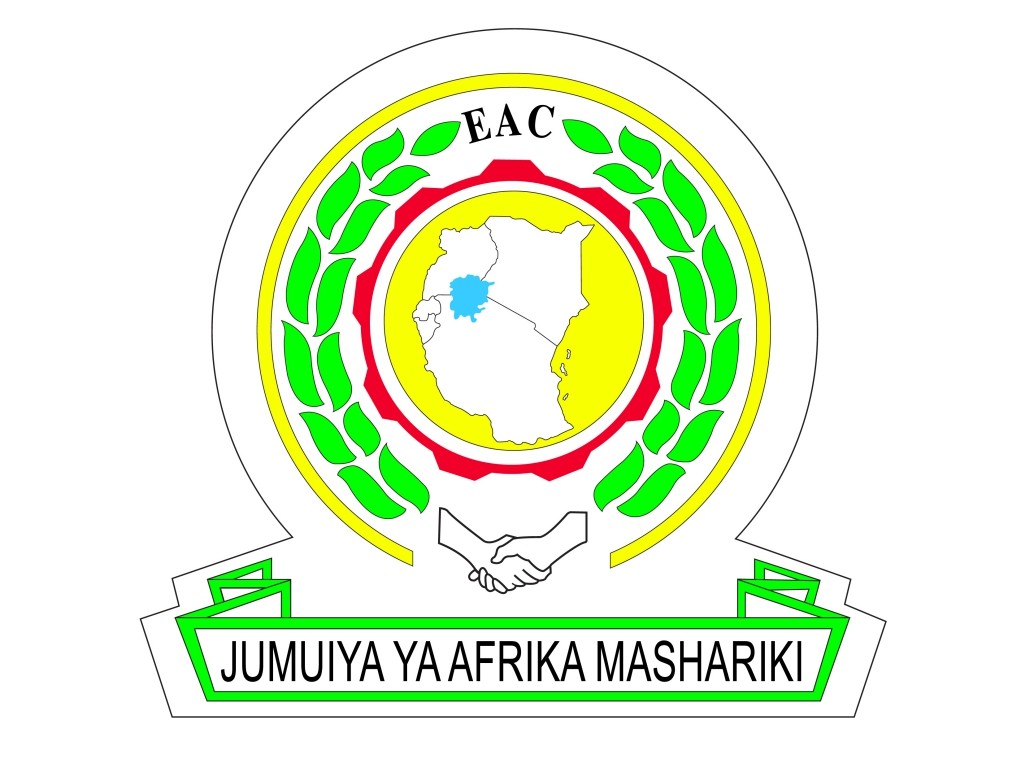The Freemove Project
The Freemove Project, directed by Prof. Diego Acosta and Dr. Luuk Van Baaren, is an initiative that comprehensively map, analyze, and compare all bilateral and multilateral free movement of people regimes at the global level. This data is translated into an interactive atlas, allowing for an easily navigable portrayal of different free movement regimes, each comprising extensive information, creating a distinct tool for scholars and agencies alike to utilize in their respective fields and learn from in...
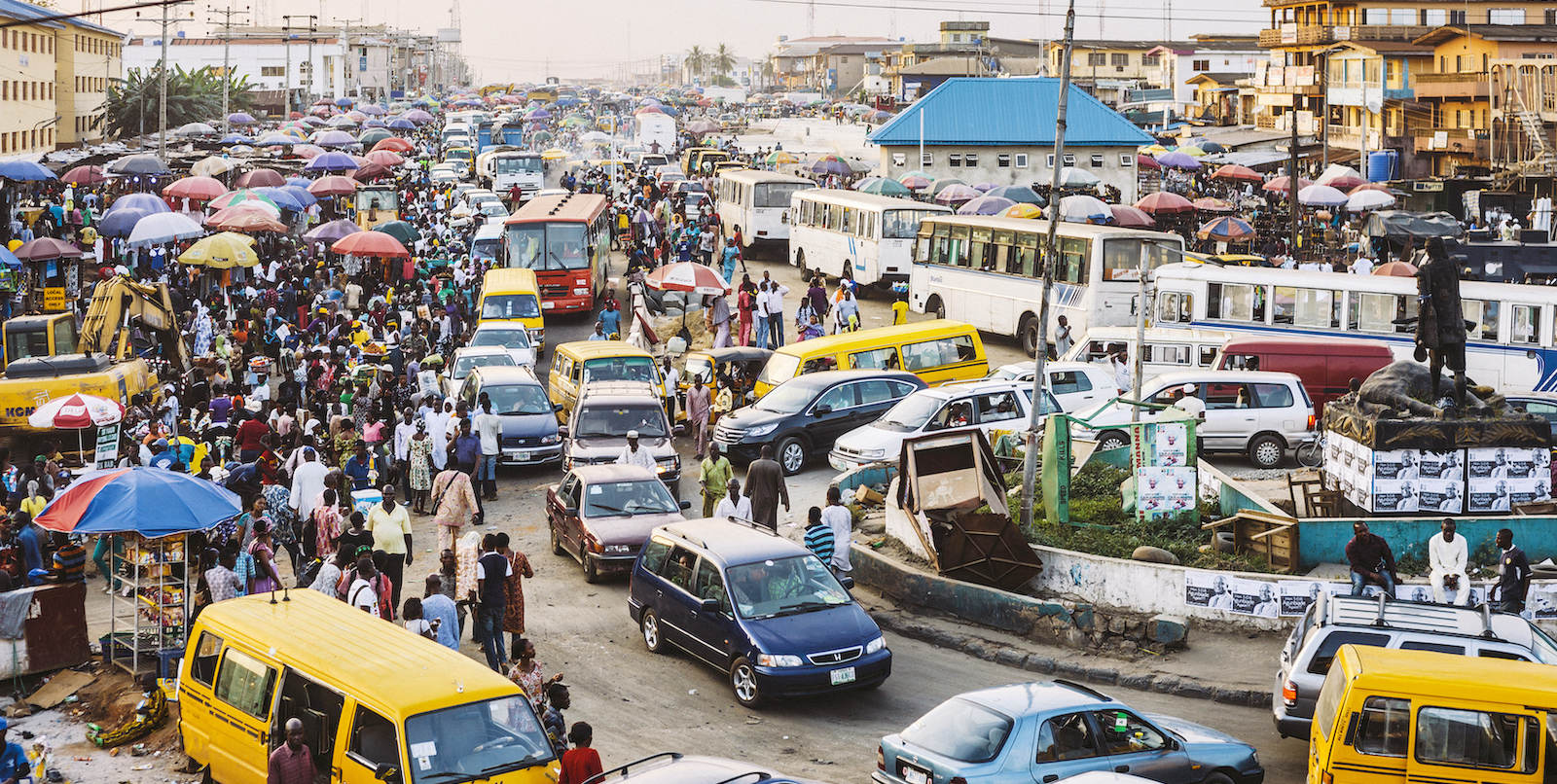
The Sudan Civil War: Barriers Across Borders
The Sudan Civil War is a raging conflict whose intense fighting has created the worst Internally Displaced Persons (IDPs) crisis in history (UNHCR, July 2024). After two years of war, the Internal Displacement Monitoring Center reports that over 11.6 million people are displaced within Sudan, and another four million have fled the country (IDMC, 2025). The central countries that are accepting forcibly displaced Sudanese are the Central African Republic (CAR), Chad, Egypt, Ethiopia, Libya, South Sudan, and...

Understanding Human Mobility in Africa / The future of RECs and Human Mobility in the African Union
The African Union (AU) and its Regional Economic Communities (RECs) have long been viewed as the cornerstones of an integrated Africa. The AU, through the creation of its flagship vision, the African Economic Community (AEC), aims to unify the continent’s diverse economies, ensuring greater stability, political cooperation, and social development. Despite the strong theoretical foundations and numerous initiatives to promote continental integration, progress remains scarce and uneven, with significant disparities in the levels of integration...
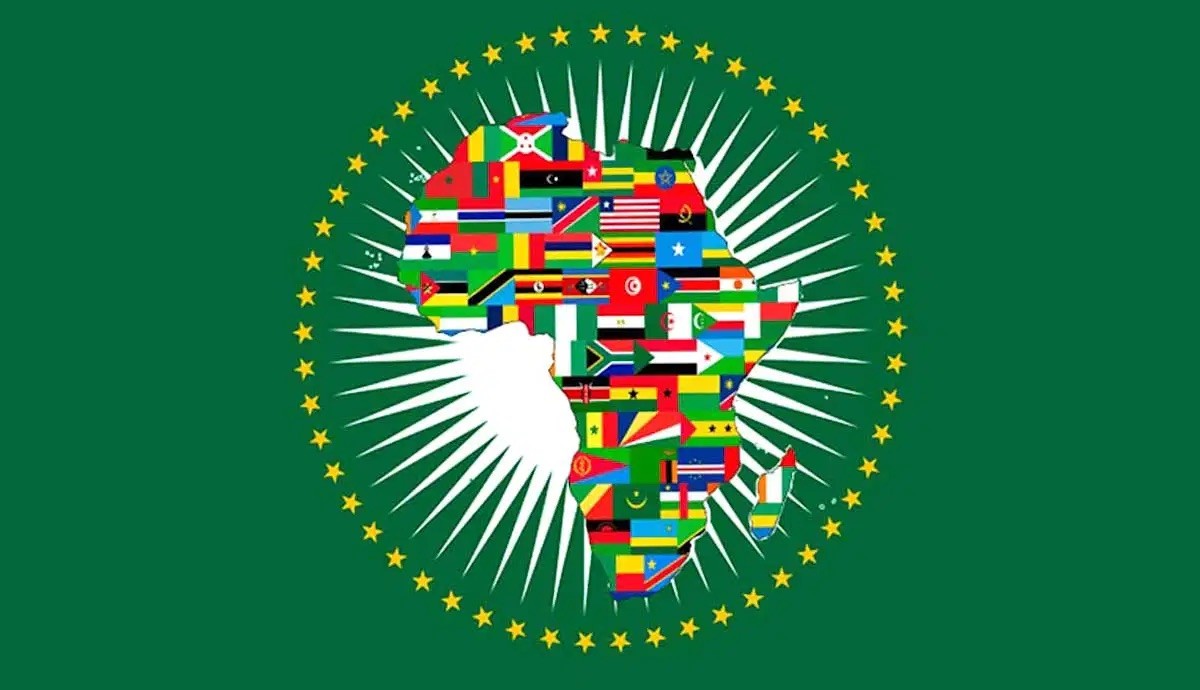
Understanding Human Mobility in Africa / The Regional Economic Communities of African Union: ECOWAS
Regional Economic Communities (RECs) and the African Union (AU) The Regional Economic Communities (RECs) are regional groups of African states. The RECs have developed individually and separated from one another and have different roles and structures. Generally, the purpose of the RECs is to facilitate economic integration between members of the individual regions and through the African Economic Community (AEC), which was established under the Abuja Treaty of 1991. The...
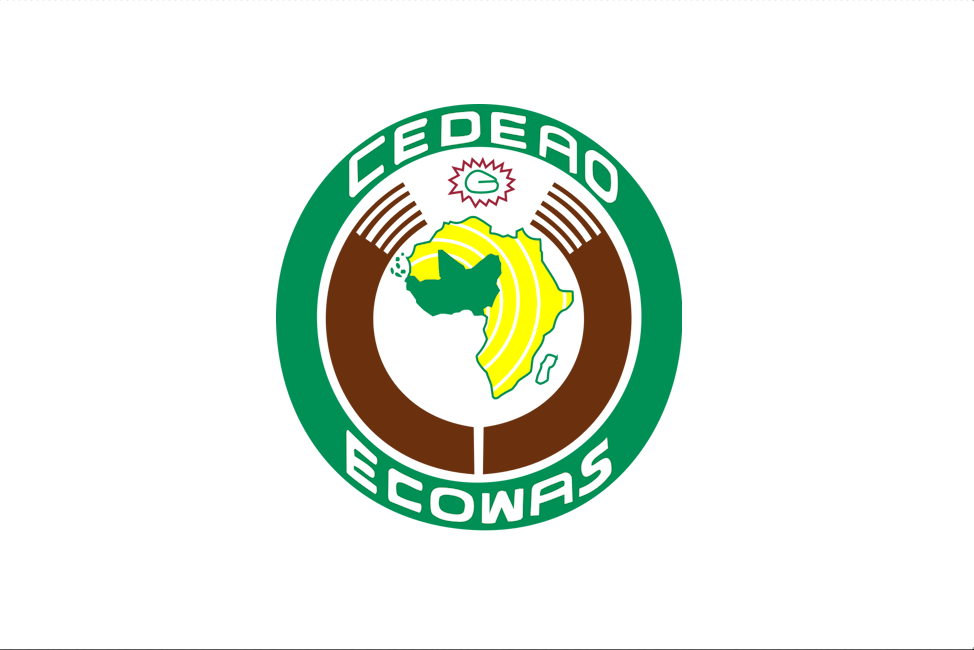
Understanding Human Mobility in Africa / The Regional Economic Communities of African Union: UMA
Regional Economic Communities (RECs) and the African Union (AU) The Regional Economic Communities (RECs) are regional groups of African states. The RECs have developed individually and separated from one another and have different roles and structures. Generally, the purpose of the RECs is to facilitate economic integration between members of the individual regions and through the African Economic Community (AEC), which was established under the Abuja Treaty of 1991. The...
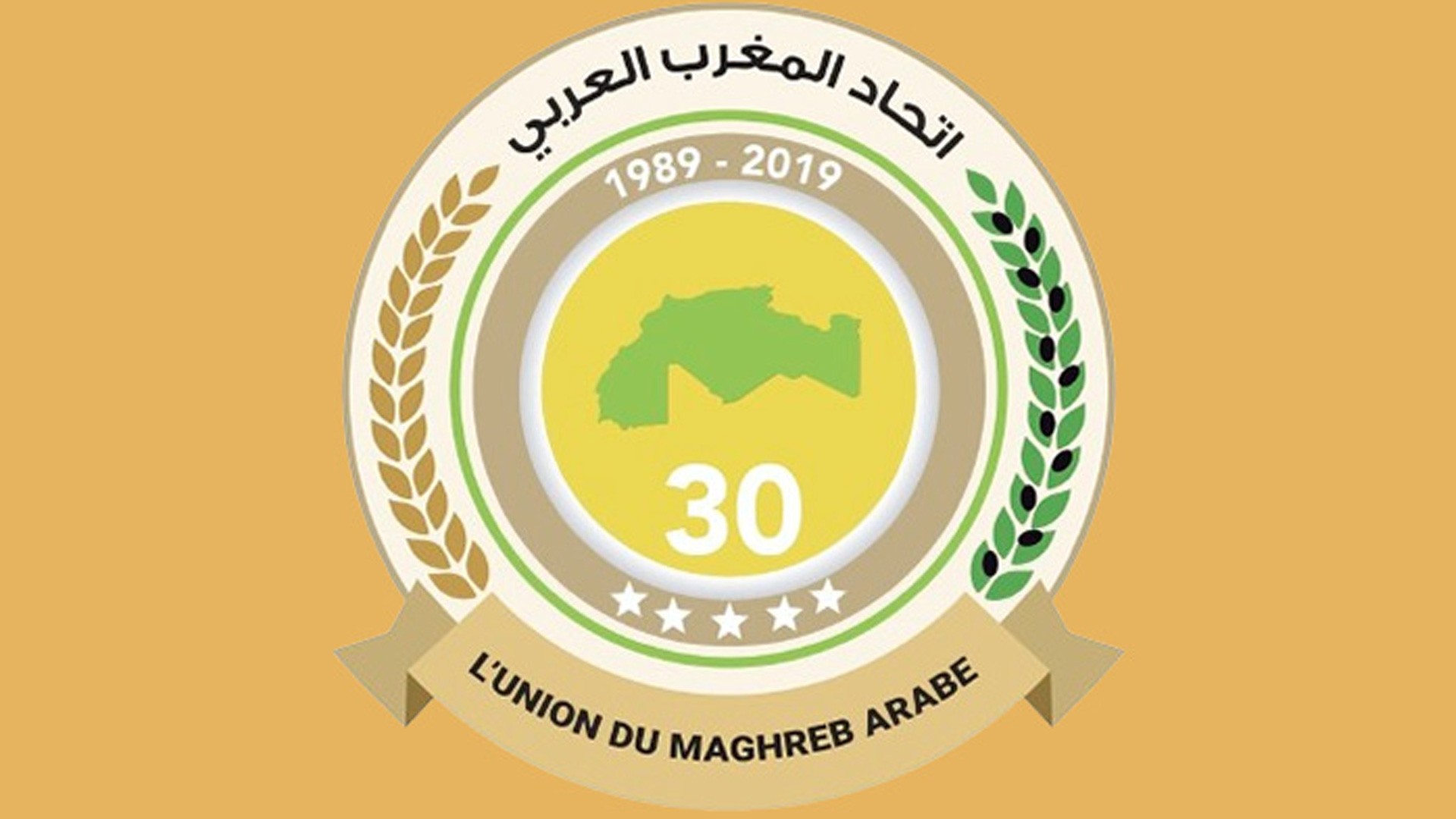
Understanding Human Mobility in Africa / The Regional Economic Communities of African Union: ECCAS
Regional Economic Communities (RECs) and the African Union (AU) The Regional Economic Communities (RECs) are regional groups of African states. The RECs have developed individually and separated from one another and have different roles and structures. Generally, the purpose of the RECs is to facilitate economic integration between members of the individual regions and through the African Economic Community (AEC), which was established under the Abuja Treaty of 1991. The...
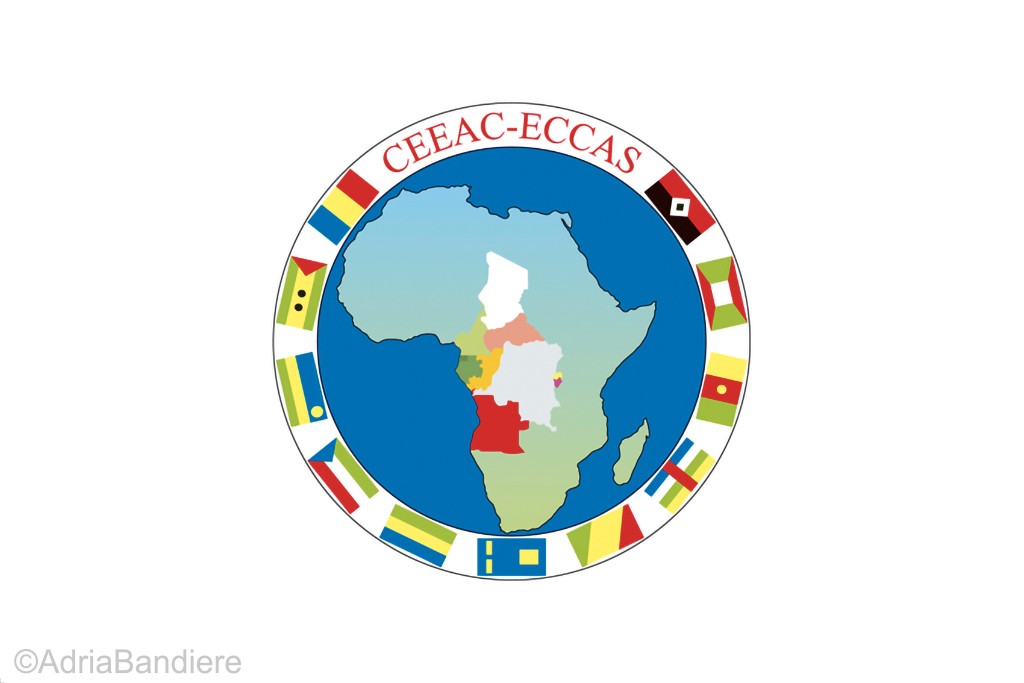
Understanding Human Mobility in Africa / The Regional Economic Communities of African Union: CEN-SAD
Regional Economic Communities (RECs) and the African Union (AU) The Regional Economic Communities (RECs) are regional groups of African states. The RECs have developed individually and separated from one another and have different roles and structures. Generally, the purpose of the RECs is to facilitate economic integration between members of the individual regions and through the African Economic Community (AEC), which was established under the Abuja Treaty of 1991. The...
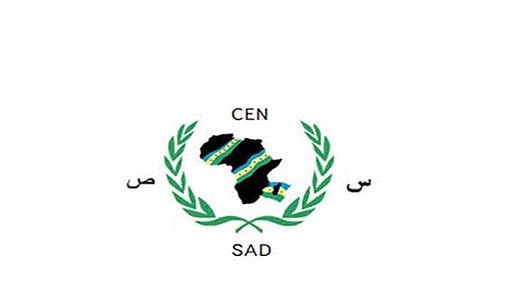
Understanding Human Mobility in Africa / The Regional Economic Communities of African Union: IGAD
Regional Economic Communities (RECs) and the African Union (AU) The Regional Economic Communities (RECs) are regional groups of African states. The RECs have developed individually and separated from one another and have different roles and structures. Generally, the purpose of the RECs is to facilitate economic integration between members of the individual regions and through the African Economic Community (AEC), which was established under the Abuja Treaty of 1991. The...

Understanding Human Mobility in Africa / The Regional Economic Communities of African Union: SADC
Regional Economic Communities (RECs) and the African Union (AU) The Regional Economic Communities (RECs) are regional groups of African states. The RECs have developed individually and separated from one another and have different roles and structures. Generally, the purpose of the RECs is to facilitate economic integration between members of the individual regions and through the African Economic Community (AEC), which was established under the Abuja Treaty of 1991. The 1980 Lagos...

Understanding Human Mobility in Africa / The Regional Economic Communities of African Union: EAC
Regional Economic Communities (RECs) and the African Union (AU) The Regional Economic Communities (RECs) are regional groups of African states. The RECs have developed individually and separated from one another and have different roles and structures. Generally, the purpose of the RECs is to facilitate economic integration between members of the individual regions and through the African Economic Community (AEC), which was established under the Abuja Treaty of 1991. The...
